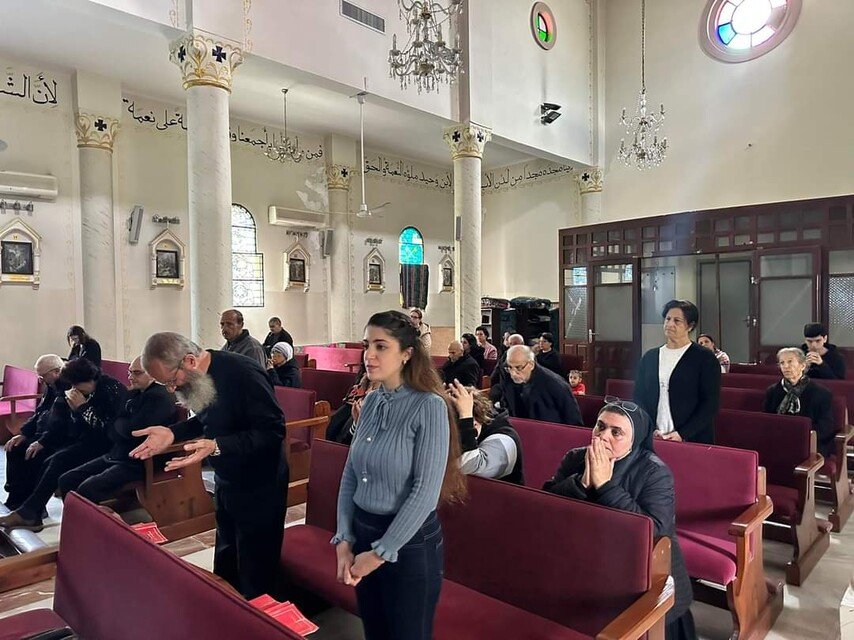Nigeria is suffering “an exponential increase in the number of abductions” as the government fails to address the causes of widespread unrest.
A Christian lawyer based in Plateau state told The Tablet that “the government has been so impotent” to combat the mass kidnappings that “it is difficult for Christians to do anything other than pray”.
Last week saw three major kidnapping incidents across the country, with more than 200 people abducted in Borno state in the north-east of the country on 6 March, nearly 300 pupils taken from a government school in Kuriega in the western Kaduna state the next day, and 15 children taken from an Islamic seminary in Sokoto, in north-west Nigeria, on 9 March.
Nigeria’s President Bola Ahmed Tinubu sent troops on search and rescue missions while Kaduna’s Governor Uba Sani insisted security forces were “working round the clock” to bring back the children, but local families remained fearful.
“There is no peace or peace of mind in this family, none in the village,” said Shehu Lawal, the father of a boy abducted in Kuriega. “We hardly eat or sleep. We only come home in daytime and find a safer place to stay the night.”
Kidnapping has become a frequent danger for the largely Muslim northern communities who are victims of the Boko Haram insurgency.
However, The Tablet’s source said that the range of locations for last week’s abductions showed the threat was “snowballing to the southern part of Nigeria” with areas such as Plateau state and the wider Middle Belt region – “on the fault-line of the Muslim north and the Christian south” – suffering numerous small-scale abductions and attacks, leading to mass displacement.
“Normally the kidnappers do not give reasons or details for their actions,” he said, noting that attackers might be from Boko Haram, radicalised Fulani herdsmen or other bandits the authorities have failed to pacify.
“We have not seen the government come out with a security plan,” he said, adding that he was “not surprised” by the worsening situation.
Last month, Nigeria’s Catholic bishops called on the government to address the insecurity, rising poverty and unemployment affecting the country.
“Insecurity has attained yet a higher scale than we had ever seen before in the land,” they said in a statement. “Insurgents, armed herdsmen, bandits, and the so-called unknown gunmen have continued to unleash terror in different parts of the country.
“Kidnapping for ransom has reached homes and areas where in the past it was thought impossible. The result is that many have fled their homes, abandoned their farms, shops, businesses and other sources of livelihood. The number of internally-displaced persons in our country is ever growing.
“We are making yet another passionate appeal to government to act immediately to stem the tide. The legitimacy of government depends on its capacity to protect life and property.”
Roughly 1,400 children have been abducted in Nigeria since 2014, when 300 girls were taken from the north-eastern town of Chibok sparking widespread international condemnation. Kidnappers also seized 150 children in Kaduna in July 2021, though they were returned after their families paid ransoms.



 Loading ...
Loading ...